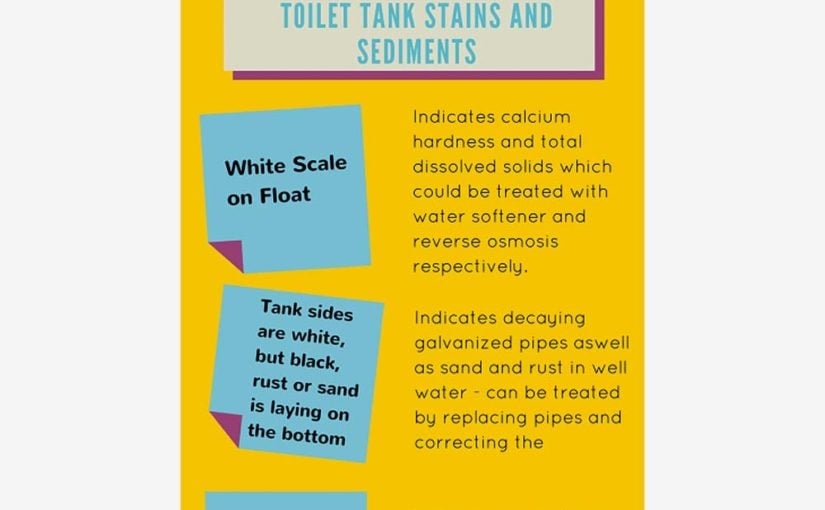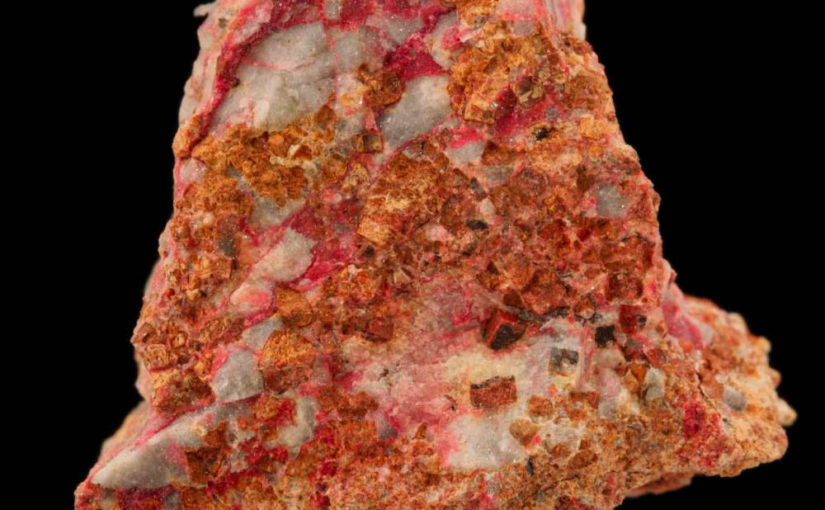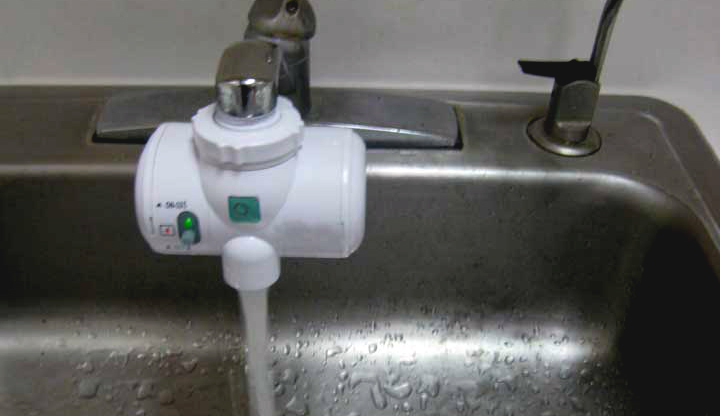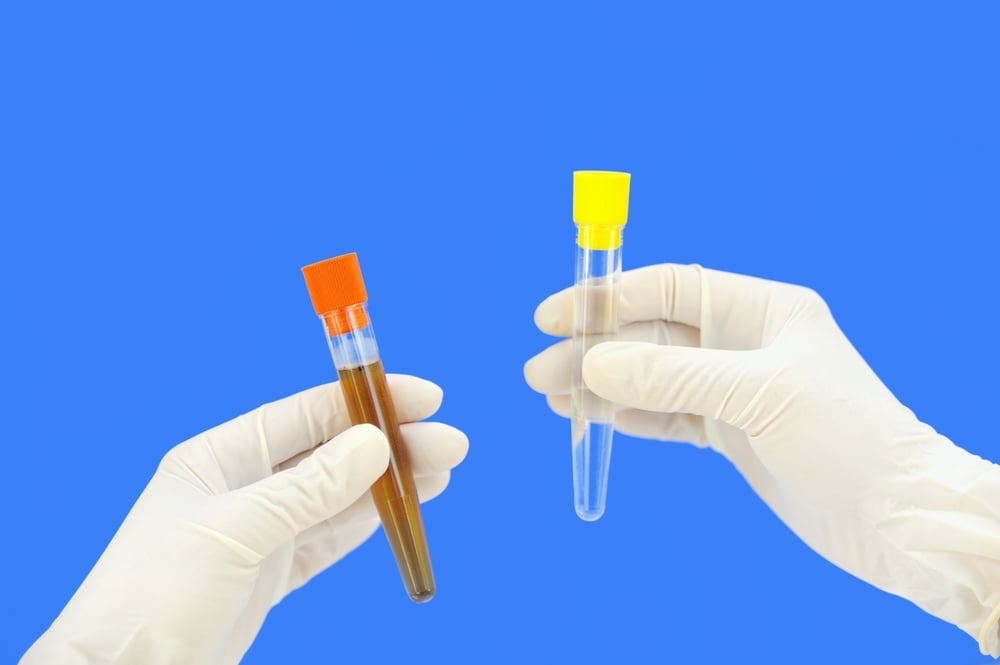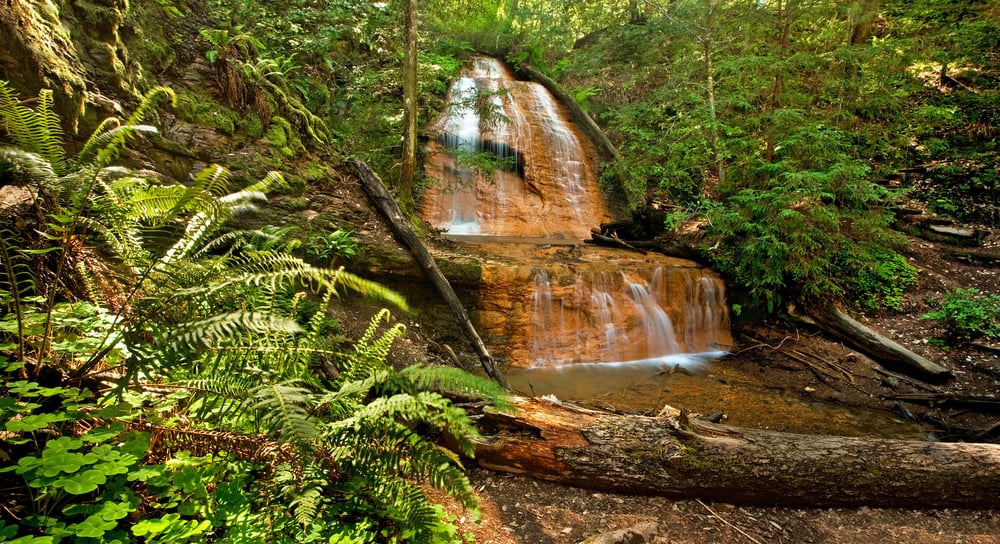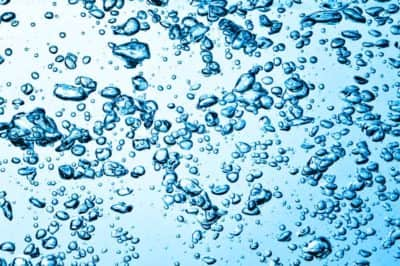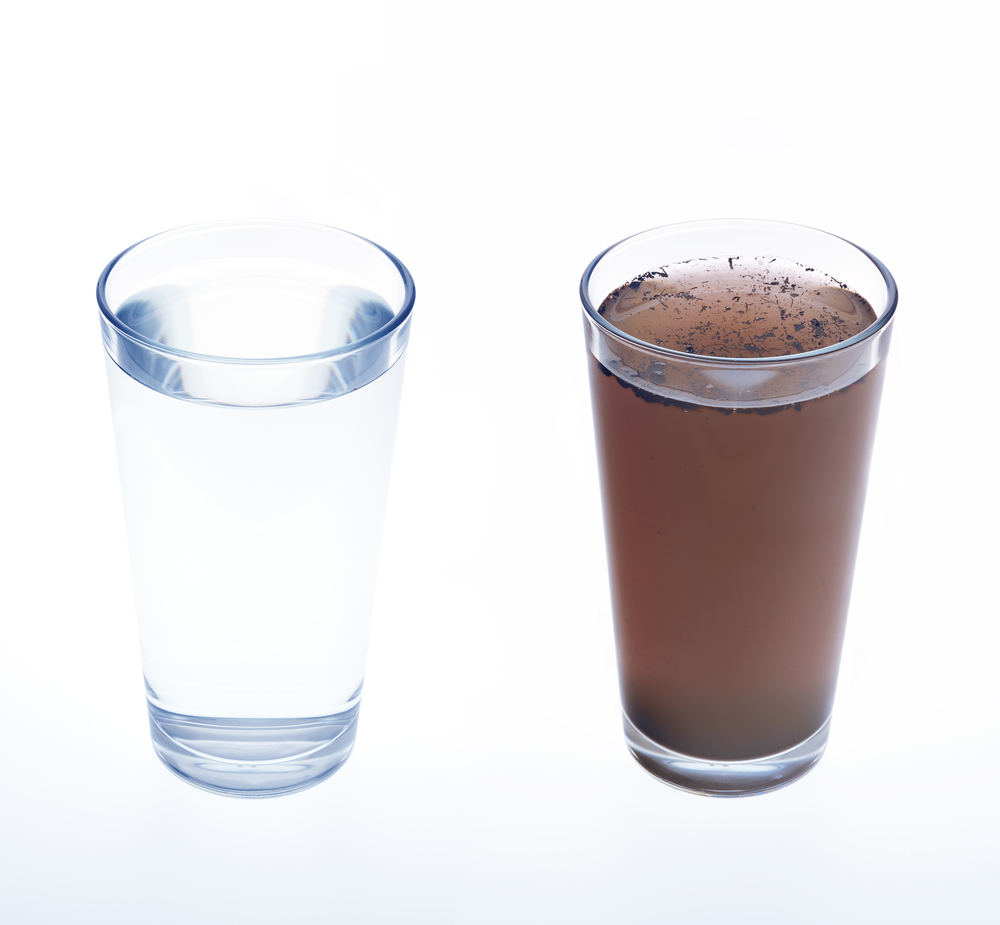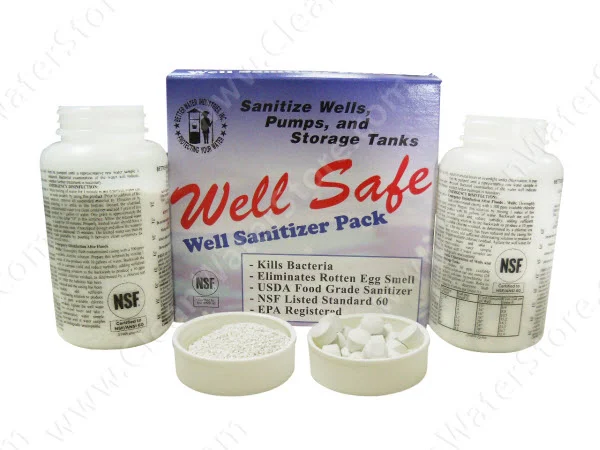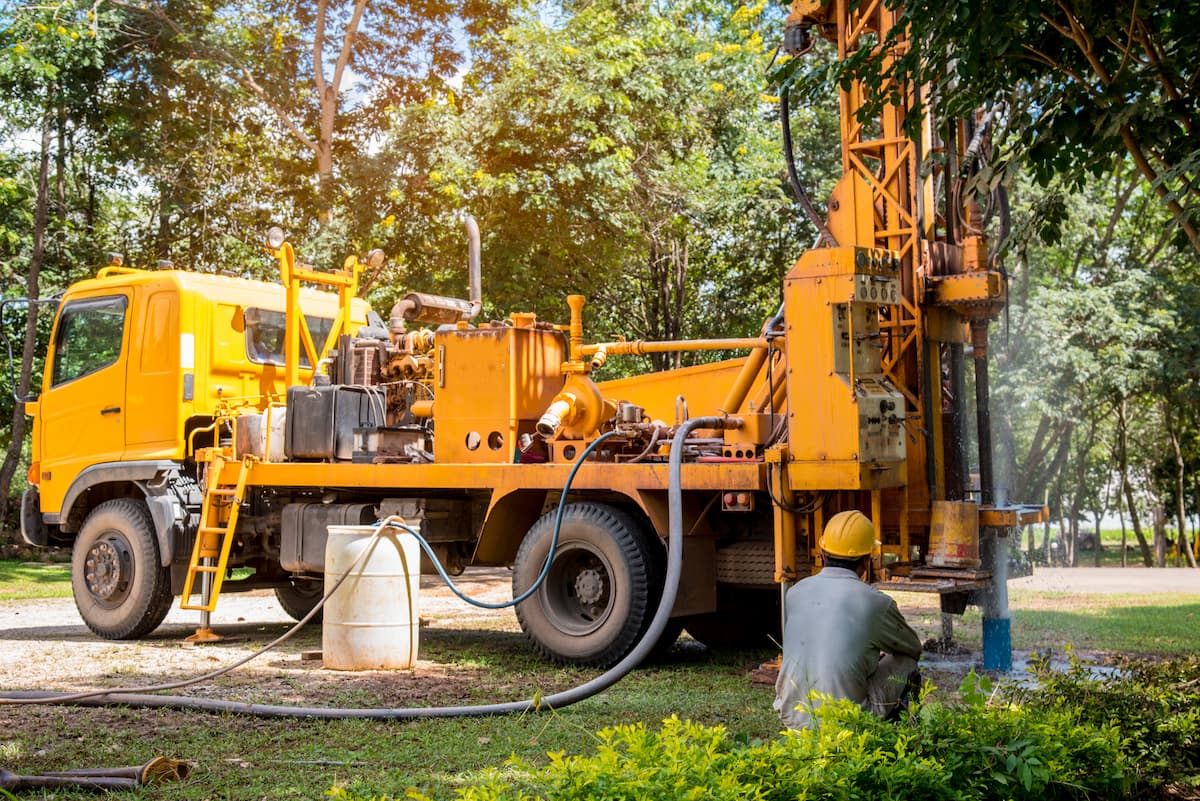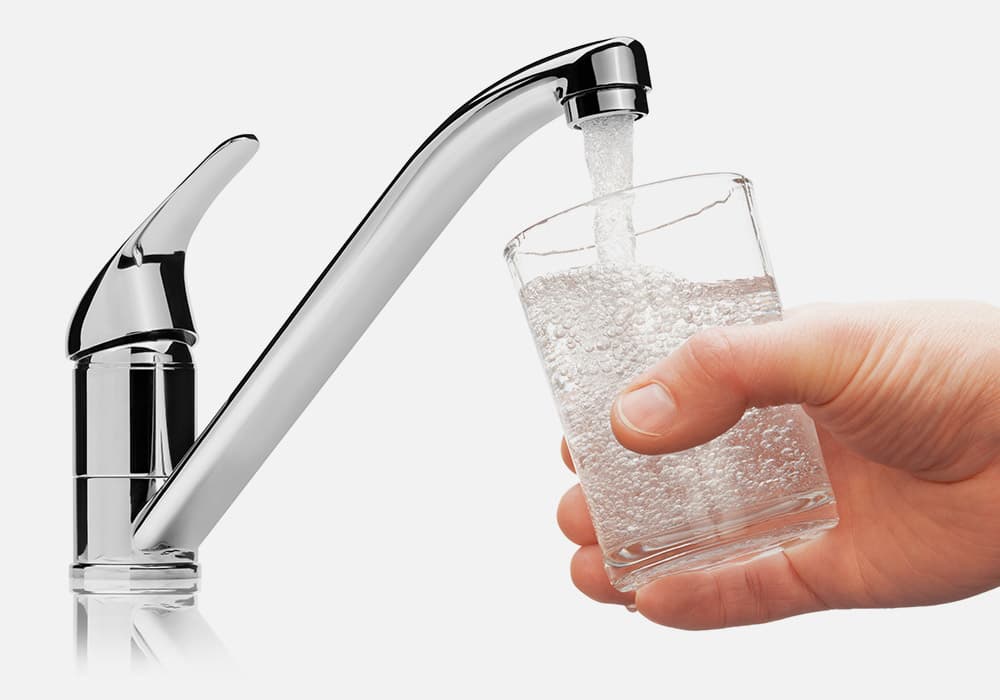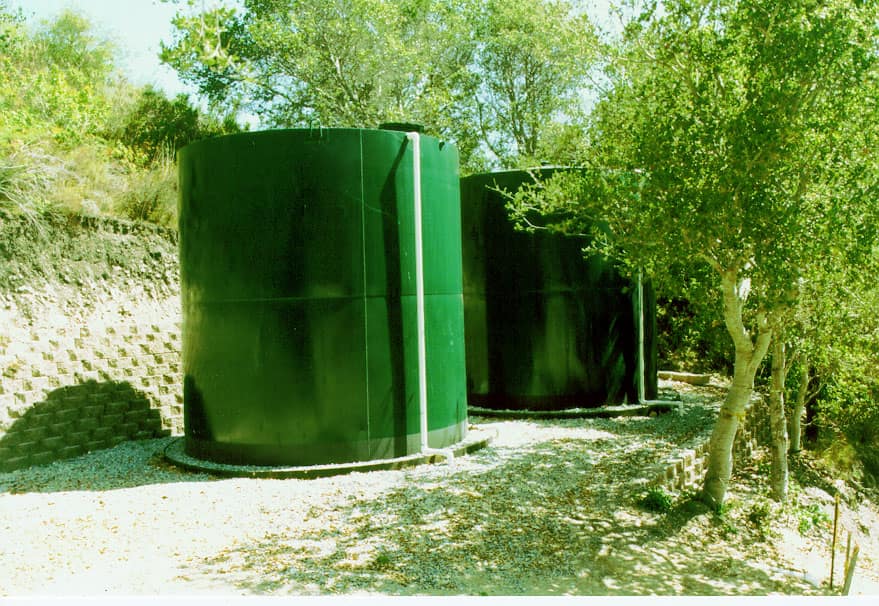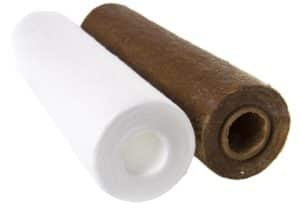There are many ways that well water can become contaminated by coliform bacteria without any change in taste or odor to the water. It is important to periodically monitor private water wells to see if contamination is present. The United States Environmental Protection Agency recommends that private water supplies be tested annually for coliform bacteria … Continue reading How Work Done on Your Well Might Contaminate Your Drinking Water
Category: Health Problems & Well Water
How to Tell if Odors From Well Water Are Coming from Well or Inside the House
Water containing hydrogen sulfide gas (“H2S”) has a distinctive “rotten egg” odor, which may be especially noticeable when running hot water. Such water can discolor coffee, tea, and other beverages and alter the appearance and taste of cooked foods. Hydrogen sulfide (“H2S”) gas is a nuisance that is not usually a health risk at concentrations … Continue reading How to Tell if Odors From Well Water Are Coming from Well or Inside the House
Sediments, Stains and Water Sediment Filters 101
When you have a water system that uses well water, it is important to do regular water testing to ensure that the water that the well is supplying into your household is safe. Sometimes, bacteria, stains, and sediments can be found in the water. Often, water sediment filters won't take care of everything. Unlike city … Continue reading Sediments, Stains and Water Sediment Filters 101
Learn about the sources of well water odors and how to prevent them
Water containing hydrogen sulfide gas (“H2S”), has a distinctive “rotten egg” odor, which may be especially noticeable when running hot water. Such water can discolor coffee, tea, and other beverages, and alter the appearance and taste of cooked foods. Hydrogen sulfide (“H2S”) gas is a nuisance that is not usually a health risk at concentrations … Continue reading Learn about the sources of well water odors and how to prevent them
Arsenic Contamination of Well Water: A Real Issue
Arsenic, a natural occurring element in the geology of many regions, is an important contaminant of well water to look out for. The map above shows wells sampled across the country and their arsenic concentration levels. The EPA's maximum contaminant level is strictly set for public health concerns at 10 micrograms per liter. Local … Continue reading Arsenic Contamination of Well Water: A Real Issue
Bacteria Killers: A Guide to Popular Water Disinfectants
Hello again, Clean Well Water Report readers! As you may have read yesterday, we are devoting this week to discussing CT values. Yesterday we explained how CT values are calculated, and why they're crucial to determine when disinfecting home water supplies. Now that you know how to calculate CT values for various disinfectants, we want … Continue reading Bacteria Killers: A Guide to Popular Water Disinfectants
Water Tests
While relying on a private well can offer some great advantages – namely, the ability to completely control the quality and composition of your water – most well water users can attest that it comes with its own share of disadvantages as well. Perhaps the biggest trouble with well water stems from the variety of … Continue reading Water Tests
UV Light Water Treatment
As you may have noticed, most of our customers write to us with questions about well water. Lately, though, we have been receiving some interesting questions about alternative water sources. Last week we answered a letter from a reader who wanted to neutralize the acidity of rainwater collected in his cistern. This week, we received … Continue reading UV Light Water Treatment
Effects of Chloride in Well Water, and How To Remove It
Chloride is one of the most common anions found in tap water. It generally combines with calcium, magnesium, or sodium to form various salts: for example, sodium chloride (NaCl) is formed when chloride and sodium combine. Chloride occurs naturally in groundwater but is found in greater concentrations where seawater and run-off from road salts (salts … Continue reading Effects of Chloride in Well Water, and How To Remove It
Removing Sediment From Well Water
One homeowner recently contacted us about a problem with sediment in his water. He had recently installed a new well pump to increase his water pressure, but found after installation that his water was now heavily contaminated with silt. If you have ever had similar problems, read on for the solution to silt and sediment … Continue reading Removing Sediment From Well Water




